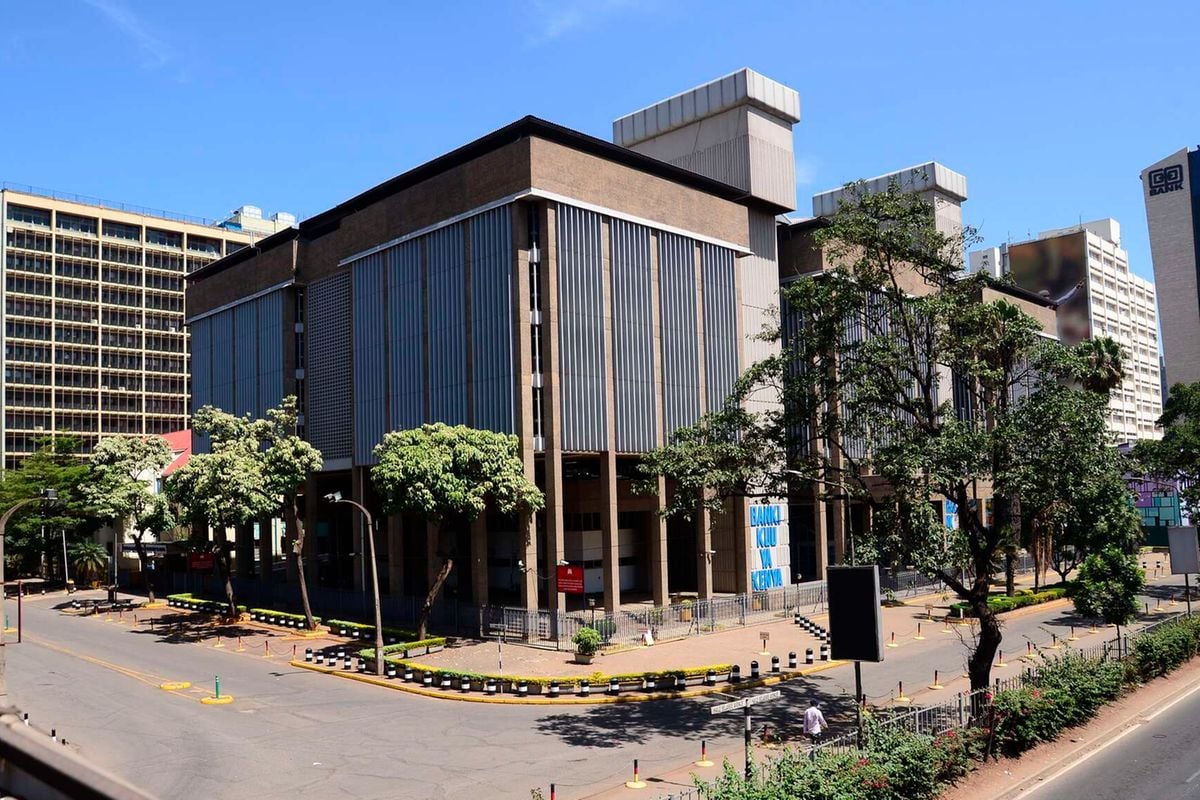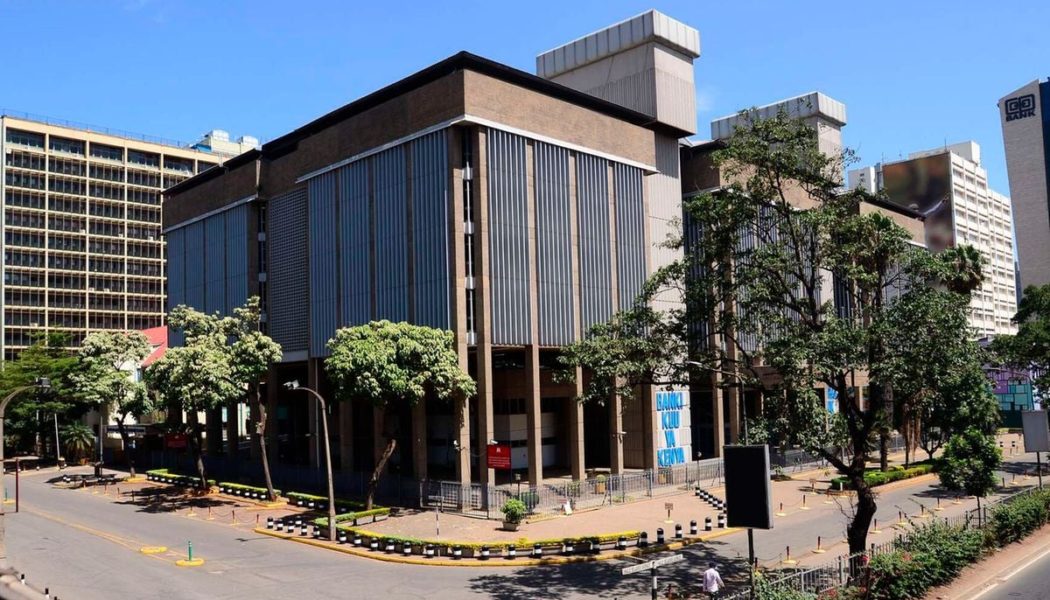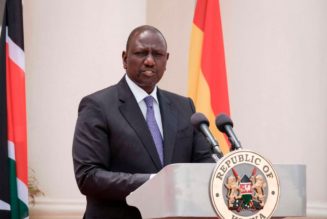
The Central Bank of Kenya has enrolled the assistance of the International Monetary Fund (IMF) to improve its economic forecasting capabilities with the view of enhancing its policy decisions.
The IMF monetary and capital markets department mission disclosed its visit to Nairobi last year at the request of CBK during which it made key recommendations on the improvement of surveys and frameworks including changes to timelines and creating a registry of firms to track survey respondents.
Moving the survey period earlier is for instance expected to allow more time for the integration of the results into the monetary policy process.
“Currently, surveys are sent about one month before the MPC (monetary policy committee) meetings.
“For example, when surveys are sent out on March 1, survey results would be back on March 15, which would be too late for the incorporation into the forecasting framework in time for the monetary policy analytical meeting on March 20 and the MPC meeting on March 29,” the IMF stated in its technical assistance report.
“Moving the survey period one week earlier would allow the surveys to influence the projection and economic outlook thereby making MPC decisions better informed.”
CBK currently conducts three main surveys to support monetary policy decisions by the MPC including the market perception survey which has run since 2009, capturing the views of different firms on selected economic indicators including inflation, economic growth, demand for credit, growth in credit to the private sector and exchange rate.
The survey targets commercial banks, micro-finance banks and a sample of non-bank private sector firms selected from major towns across the country where CBK has presence.
The CBK has further administered the CEOs’ Survey since March of 2021 capturing the executives’ views and perceptions on selected indicators including business confidence and optimism through direct online surveys.
The agriculture sector survey, conducted via face to face interviews since July 2022 meanwhile generates high frequency agriculture sector data including prices and output expectations in different parts of the country.
The IMF has established the surveys to be critical in shaping monetary policy despite identifying challenges which require remedies for optimal decision making by the apex bank.
Findings from the CBK surveys are seen as critical in the face of significant lags to most economic data and high-frequency indicators.
An analysis of the survey results by the IMF shows that firms’ expectations have strongly related to actual quarterly GDP growth and the CBK forecasts in the last two to three years.
“The CBK should continue to explore relationships between their timely survey-based indicators and key macroeconomic time series to further enhance their short-term monitoring of the Kenyan economy,” the IMF added.
The IMF has recommended that CBK creates a firms’ registry to track survey respondents, refine and automate the survey data pipeline and continue the consolidation of historical survey results into a time series.
CBK surveys usually form the critical base of monetary policy which consists of decisions and actions taken to ensure that the supply of money in the economy is consistent with growth and price objectives set by the government.
The most recent CBK surveys in July revealed sustained optimism about business activity and economic growth prospects for the next 12 months with the optimism being attributed to a low inflation rate and stability in the exchange rate.
Last week, CBK’s MPC trimmed the benchmark interest rate for the first time in over four years to 12.75 percent from 13 percent, highlighting the scope for gradual monetary policy easing on reduced inflationary pressures.









